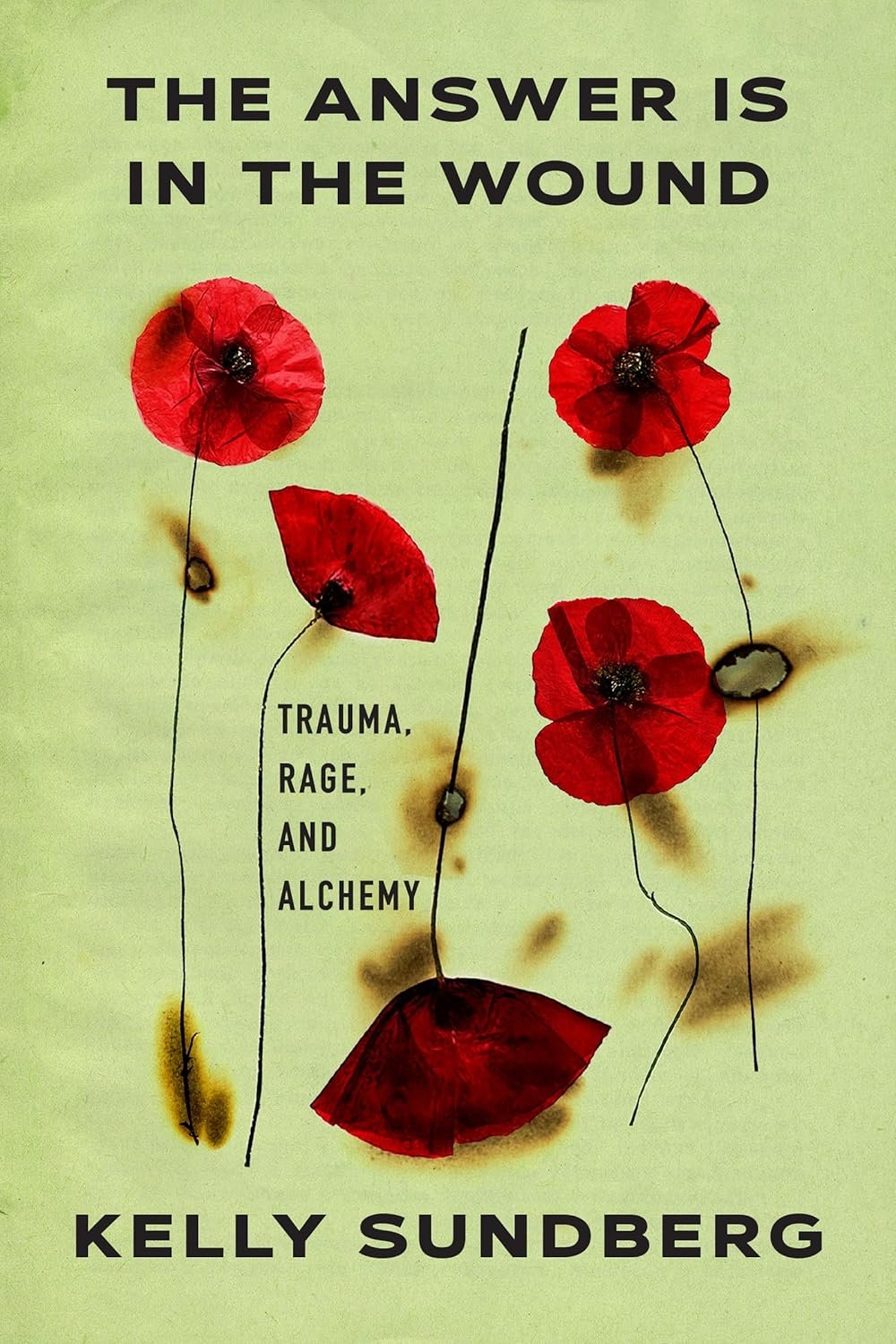Review of The Answer Is in the Wound by Kelly Sundberg
Have you ever found yourself gripping a book so tightly, feeling as though it was unearthing parts of your own heart? That was my experience with Kelly Sundberg’s The Answer Is in the Wound. From the moment I delved into her essay collection, I felt an instant connection; her vulnerability wrapped around me like a comforting blanket, unearthing my own layers of trauma. As a survivor of sexual violence, Sundberg’s words resonated deeply, illuminating the often-hidden complexities of recovering from experiences that shape our very existence.
At its core, The Answer Is in the Wound challenges the adage, "What doesn’t kill you makes you stronger." With fierce honesty, Sundberg illustrates that trauma does not simply vanish; it lingers, wrapping itself around our realities in both subtle and profound ways. Each essay is a testament to the long-lasting effects of trauma and PTSD, revealing a journey that is often nonlinear and filled with both pain and promise. The collection isn’t merely a memoir; it weaves in a rich tapestry of research, pairing personal testimony with insights from prominent trauma scholars like Judith Herman and Bessel van der Kolk, thus creating a framework that validates the survivor’s experience while educating the reader.
Sundberg’s writing style is a beautiful paradox—raw yet lyrical, poignant yet powerful. Her voice carries both a gentle tenderness and an assertive reclamation of self. One standout moment for me was her innovative use of erasure poetry, crafted from her ex-husband’s apologetic emails. It’s a striking reclamation, echoing the idea that our wounds can transform into art, becoming catalysts for healing instead of mere reminders of our suffering.
Throughout the collection, Sundberg doesn’t shy away from the discomfort of trauma. It’s not an easy read—nor is it meant to be. Each page pulsates with honesty, forcing us to confront the less palatable aspects of recovery. Yet, it’s within this discomfort that the seeds of hope are sown. The notion that healing is possible, that areas of our lives can flourish post-trauma, is powerfully articulated, making her insights both relatable and inspiring.
What I find most remarkable is Sundberg’s ability to turn academic research into heartfelt revelations. With each essay, she offers pathways through darkness, reminding readers that their narratives are valid, and that healing often occurs amidst the memories of trauma rather than its complete absence.
I wholeheartedly recommend The Answer Is in the Wound to anyone who has grappled with trauma, especially those whose experiences intersect with interpersonal violence or disability. This collection deserves a place on your bookshelf, not just as an acknowledgment of pain but as a beacon of hope for surviving and thriving. For me, reading Sundberg’s work was a cathartic experience—a reminder that the journey, while arduous, is entirely our own, and within it lies the potential for beauty and transformation.
In conclusion, The Answer Is in the Wound is a brave and necessary exploration of healing, one that will resonate deeply with fellow survivors and those seeking to understand the enduring impacts of trauma. Thank you, Kelly Sundberg, for illuminating the darkness with your words.
Discover more about The Answer Is in the Wound on GoodReads >>







